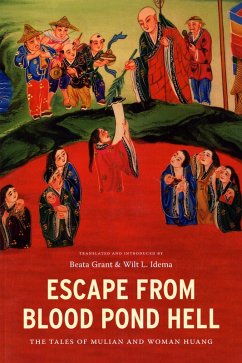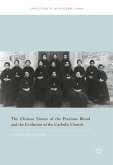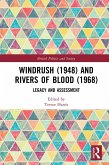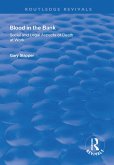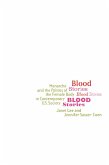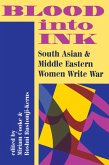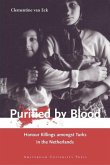These translations of The Precious Scroll of the Three Lives of Mulian and Woman Huang Recites the Diamond Sutra are late-nineteenth-century examples of baojuan (literally, "precious scrolls"), a Chinese folk genre featuring alternating verse and prose that was used by monks to illustrate religious precepts for lay listeners. They represent only two of numerous versions, composed in a variety of genres, of these legends, which were once popular all over China. While the seeds of the Mulian legend, in which a man rescues his mother from hell, can be found in Indian Buddhist texts, the story of Woman Huang, who seeks her own salvation, appears to be indigenous to China.
With their graphic portrayals of the underworld; dramatization of Buddhist beliefs about death, salvation, and rebirth; and frank discussion of women's responsibility for sin, these texts provide detailed and powerful descriptions of popular religious beliefs and practices in late imperial China, especially as they relate to women.
With their graphic portrayals of the underworld; dramatization of Buddhist beliefs about death, salvation, and rebirth; and frank discussion of women's responsibility for sin, these texts provide detailed and powerful descriptions of popular religious beliefs and practices in late imperial China, especially as they relate to women.
Dieser Download kann aus rechtlichen Gründen nur mit Rechnungsadresse in A, D ausgeliefert werden.

